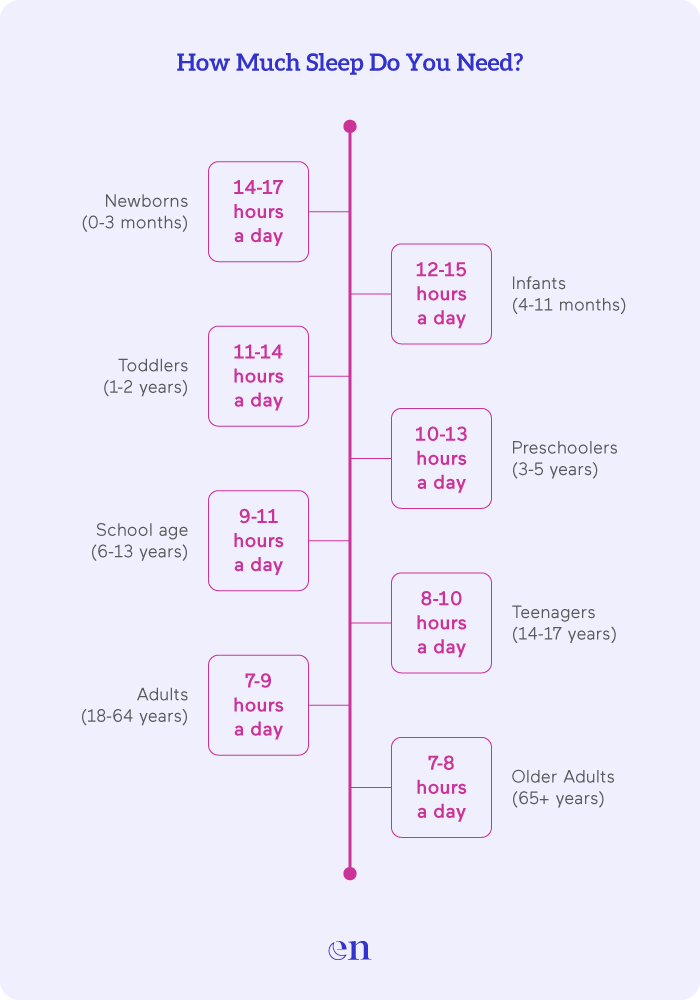
Nighttime sleep times will depend on both when the last nap ends and when your baby becomes sleepy. Flexibility with nap times and lengths is often necessary at this age as their needs can change from one day to the next based on what they’ve been up to. If parents do not prioritize naps and a nighttime sleep schedule, a baby may end up getting only 11 or 12 hours of sleep each day.ĭo what you can to help ensure that your baby gets enough sleep by putting them down for three daily naps (around 9, 12, and 3). Many infants around this age will get less than the amount of sleep that they need. Keep in mind that you will probably be woken up for a nighttime feeding. During this time, you may be able to line your baby’s sleep schedule closer to yours. You will notice that more of their sleep occurs when it’s dark out, although they will still need regular naps during the day.Īround 6 weeks of age, babies will begin to sleep in closer to 4-6 hour chunks, allowing parents to get a bit more regular sleep.

1 Month to 4 MonthsĪverage Daily Sleep: 14-15 hours (Including Naps)ĭuring this time, your baby will begin to differentiate between night and day. Just remember that the when isn’t important so long as they are sleeping 14 or more hours each day. It can be hard to keep track of how much your baby is sleeping. Some babies will sleep for far less than 4 hours at once, leaving their parents sleepy and dreaming of the future when their child’s sleep schedule is more like their own. Rather than sleeping during the night and staying awake during the day, infants sleep in short stints of less than four hours spread out randomly. Because of this, their sleep needs remain the same throughout the day and night.

This is because they have not yet developed their internal clock known as their circadian rhythm. Newborn babies do not have a sleep schedule the same way that adults do. Average Daily Sleep: 14-18 hours (Including naps)


 0 kommentar(er)
0 kommentar(er)
